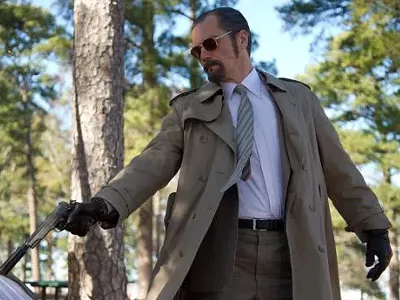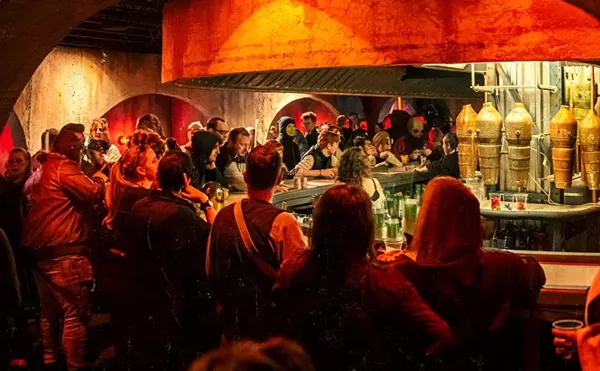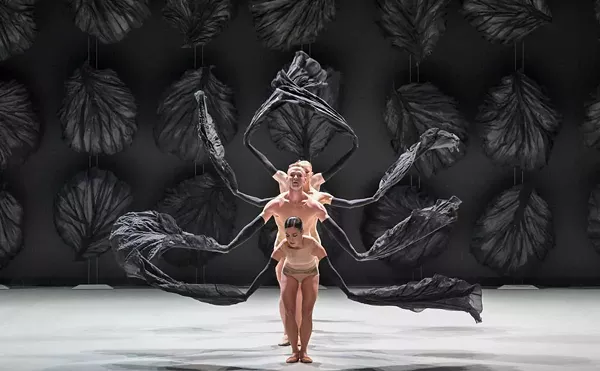
Audio By Carbonatix
[
{
"name": "GPT - Leaderboard - Inline - Content",
"component": "35519556",
"insertPoint": "5th",
"startingPoint": "3",
"requiredCountToDisplay": "3",
"maxInsertions": 100,
"adList": [
{
"adPreset": "LeaderboardInline"
}
]
}
]
When a writer works for an alternative media outlet such as this rag, we have plenty of opportunity to be biting, caustic, satirical and droll; excited from time to time and disgusted in-between. However, every now and again something lands on our desks to which the only appropriate response is sit back, catch a breath and applaud. That, good readers, is the Miracle League of Michigan.
For those unfamiliar with this stellar nonprofit, The Miracle League is a charitable organization that provides children with mental and/or physical challenges an opportunity to play baseball as a team member in an organized league. As described on the MichiganMiracle.org website, “There is something about playing the game of baseball that lights up youngsters’ eyes, but for children facing physical and mental challenges, that opportunity can often be a difficult first step. The Miracle League gives these children the opportunity to get out in the sunshine and enjoy playing the game of baseball in its purest form.”
The people at the Miracle League sent over a DVD of a game; it is something that you have to see. The season begins next month and this writer fully intends to take in a game or two. The mental and physical challenges these young participants face range in severity, but you only have to see the smiles on their faces to know that when these kids take the field, those challenges are all but forgotten.
I know … it all sounds a touch hokey, but it’s true. Baseball, it seems, is the great leveler. Of course, the Miracle League isn’t about winning and losing, standings and stats. It’s about a young man called Dylan who can’t walk but still rounds second base; or Jennifer who has Down Syndrome but a ton of
self-esteem — thanks to the league. Maybe young Kaliegh can’t hear, but she knows her teammates are cheering.
The Miracle League was founded in 2004 with two teams and 25 kids. Nine years later and there are 300 participants, all of whom would be excluded from Little League due to their disabilities. Thankfully, that is no longer an issue. There’s nothing like seeing these kids sliding in for a homer; or watching a girl, robbed of sight, connecting bat to ball and heading toward first base. Miracles indeed.
Dawn Daniels knows. She is a mother of seven children, four of whom are on the Miracle League roster. “John is 13,” Daniels says. “He helps to volunteer at the Miracle League. Marah-Lynn is 11 and she plays on the team. She has autism and hearing loss. Keegan is 10 and he plays. He has multiple conditions including a congenital brain abnormality. Luke is 8 and he does not have any significant conditions. He helps volunteer. Quintin is 7 and he has a congenital brain abnormality and Asperger’s. Ruth is 5 and she has a congenital brain abnormality and hearing loss. Our youngest child is 2 and his name is Caleb. He is a future Miracle League player because he has a congenital brain abnormality. You have to be 4 to play on the league so not yet, but he will.”
Daniels says that the Miracle League offers her children a chance to be successful at something they would otherwise not have an opportunity to experience. “It gives them a chance to be the hero and to know the feeling of getting a hit, running the bases and scoring a run,” she says. “We all take that for granted as children, most of us even if it was in our own backyard got a chance to do that. For children with special needs, they can’t necessarily do that in a traditional format but Miracle League allows them that. There are no outs and everybody gets a hit, so everybody has a chance to feel that sensation. It’s absolutely amazing. There’s nothing like seeing your child’s face when they get a hit, and that joy that they experience is passed on to the parents, and the volunteers too.”
It’s not just on the field that the league makes a difference, either. Daniels says the confidence her children experience is greatly affected by the experiences of playing on a team and receiving the cheers of the crowd.
“Knowing that they’ve succeeded in something, it doesn’t end when Miracle League ends,” she says. “They have that confidence knowing that they’re successful in something. My daughter was very withdrawn before the league, now people say that she can’t possibly have autism because she’s too social. They get their buddies. People cheer them on, and there’s something about that. We’re expected to cheer them on, but when somebody else does it there’s something magical about that.”
Obviously, this is more than a sports story. The Miracle League is about improving the quality of life of children — something everyone can get behind. They need volunteers, so if you can spare the time and are open to something truly remarkable, visit michiganmiracle.org.
Brett Callwood is a staff writer for Metro Times. Send comments to bcallwood@metrotimes.com.





